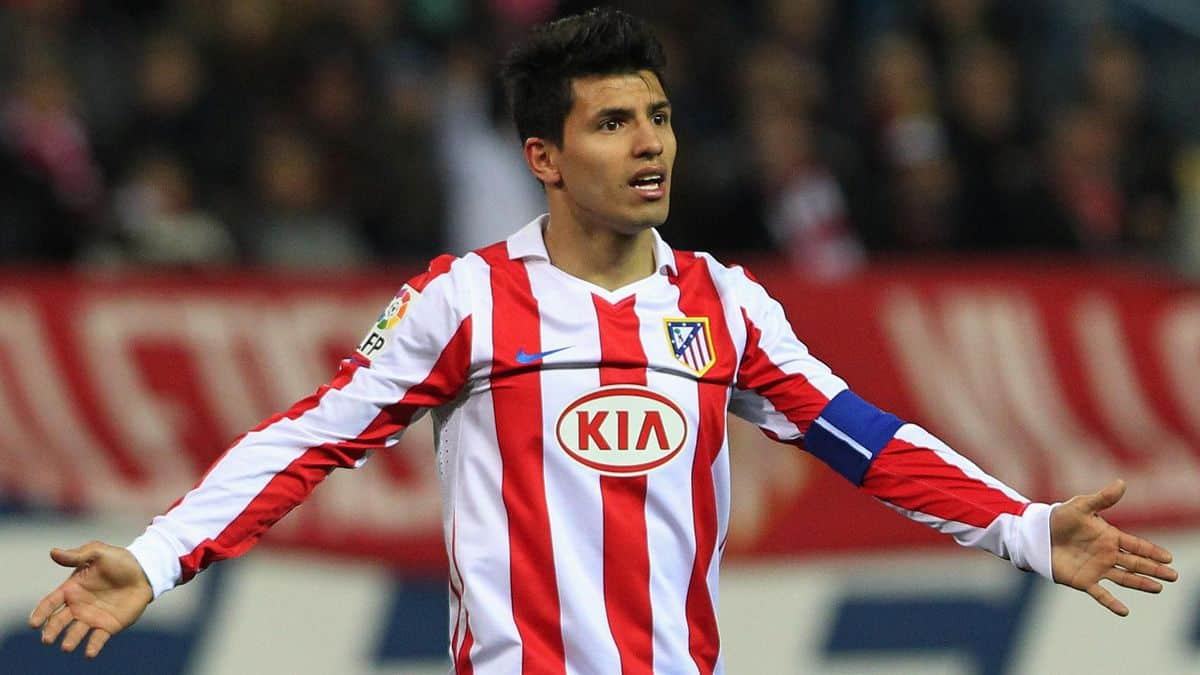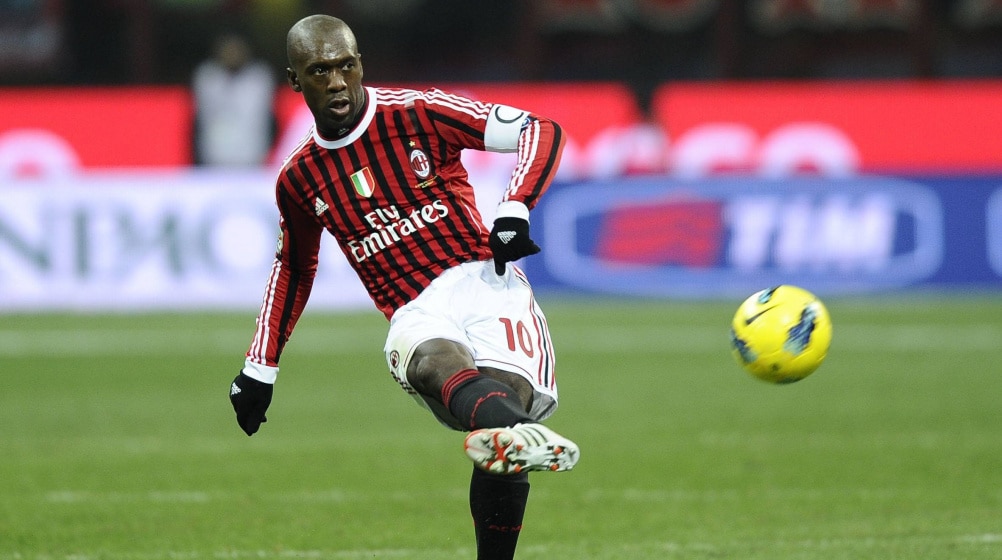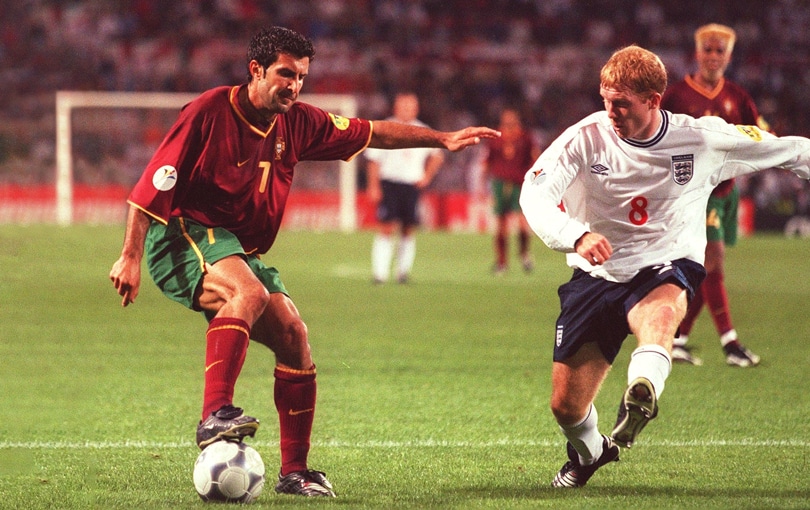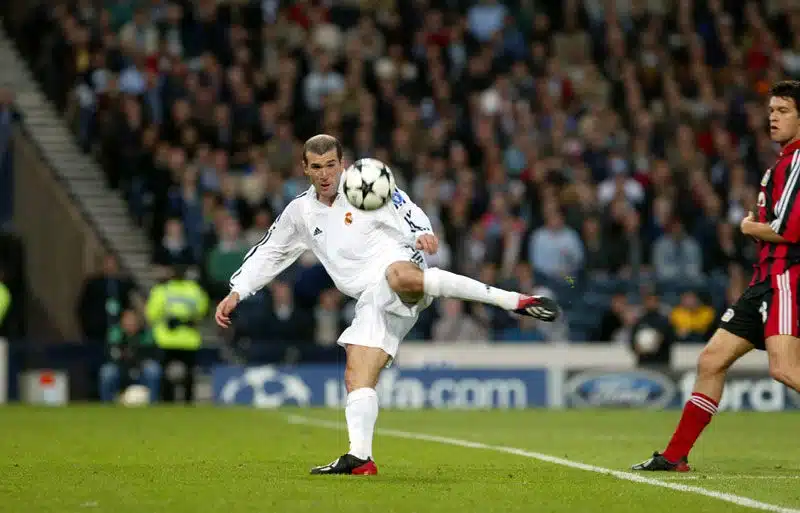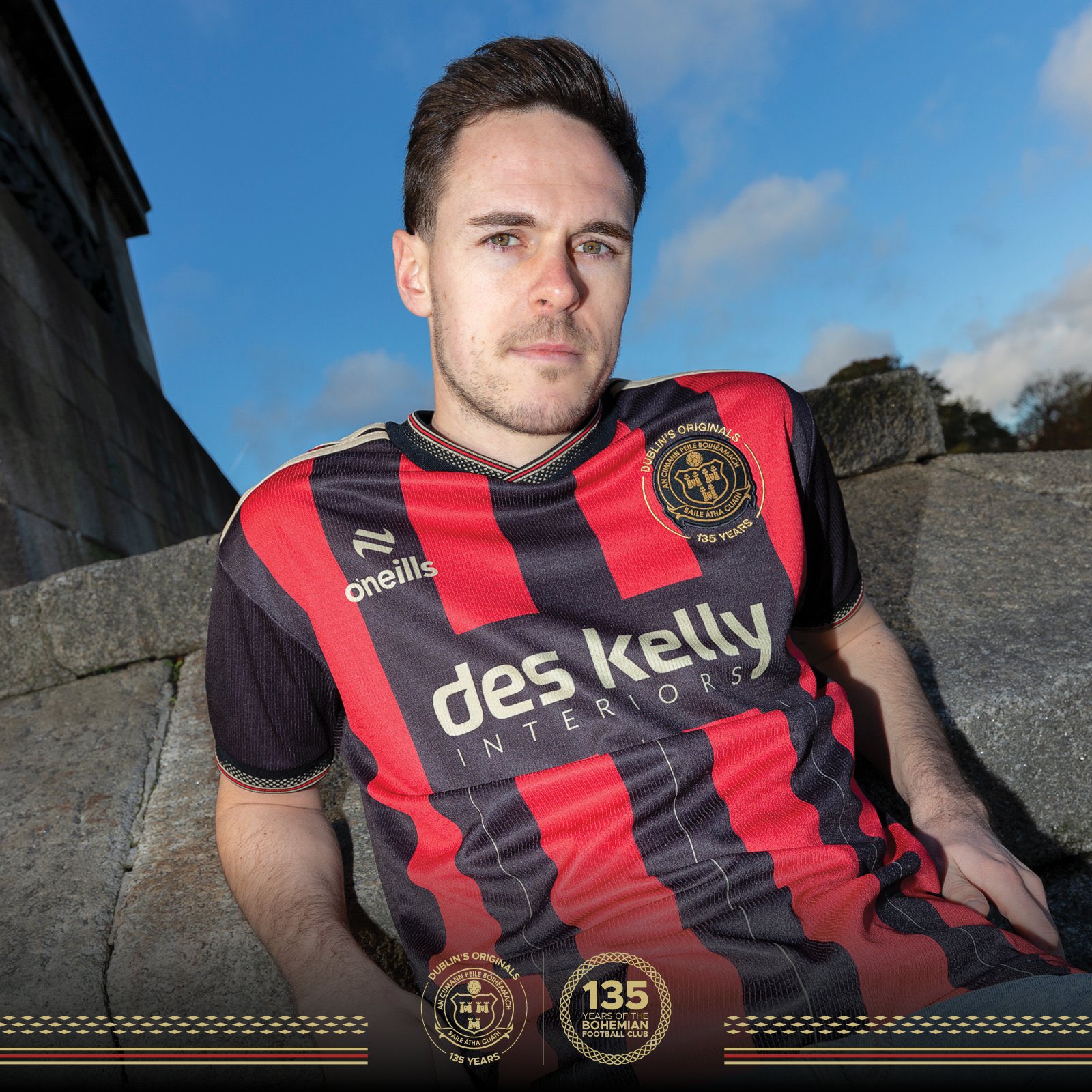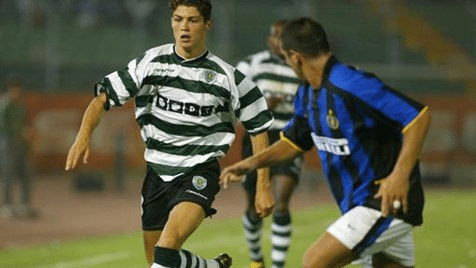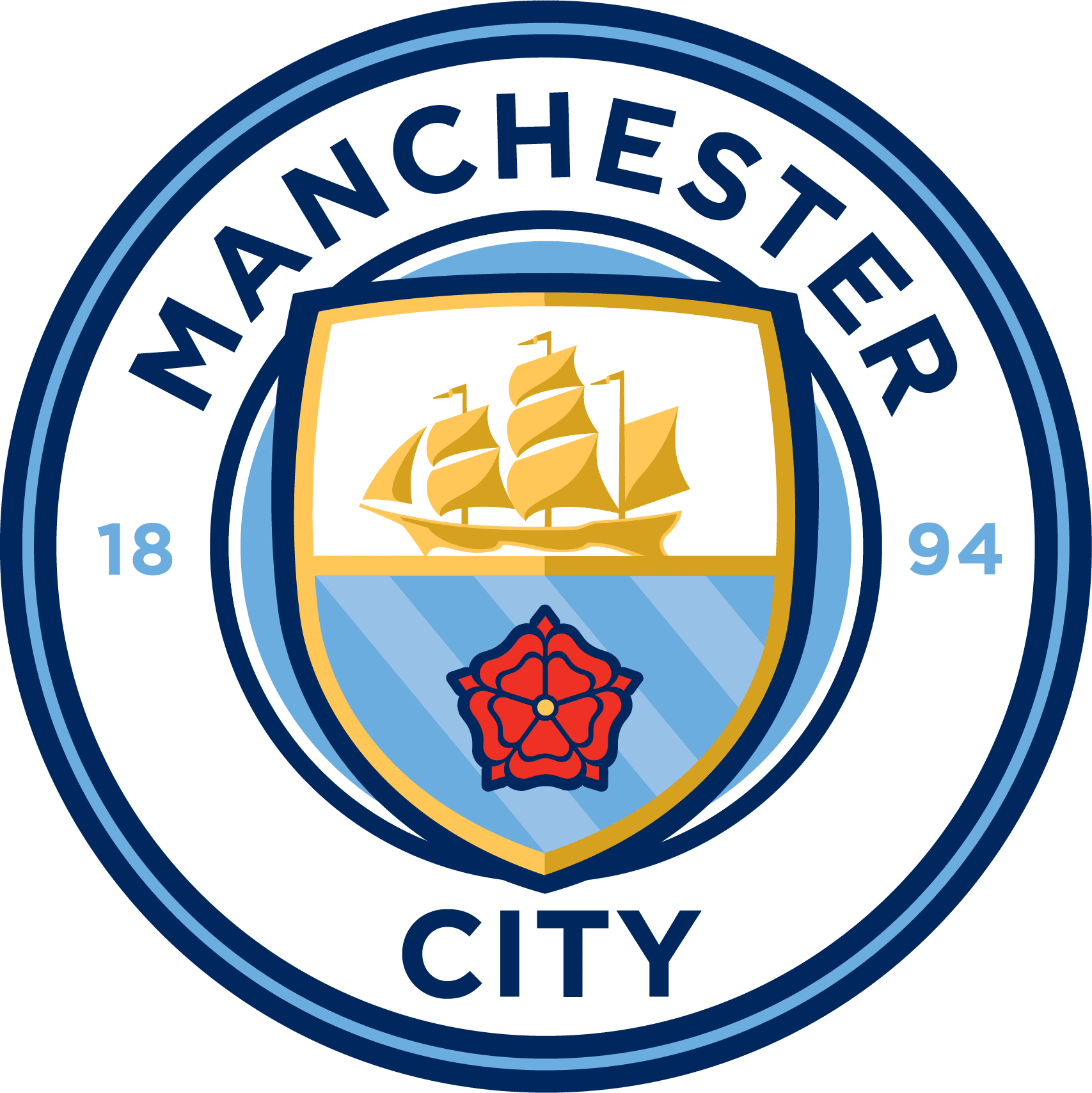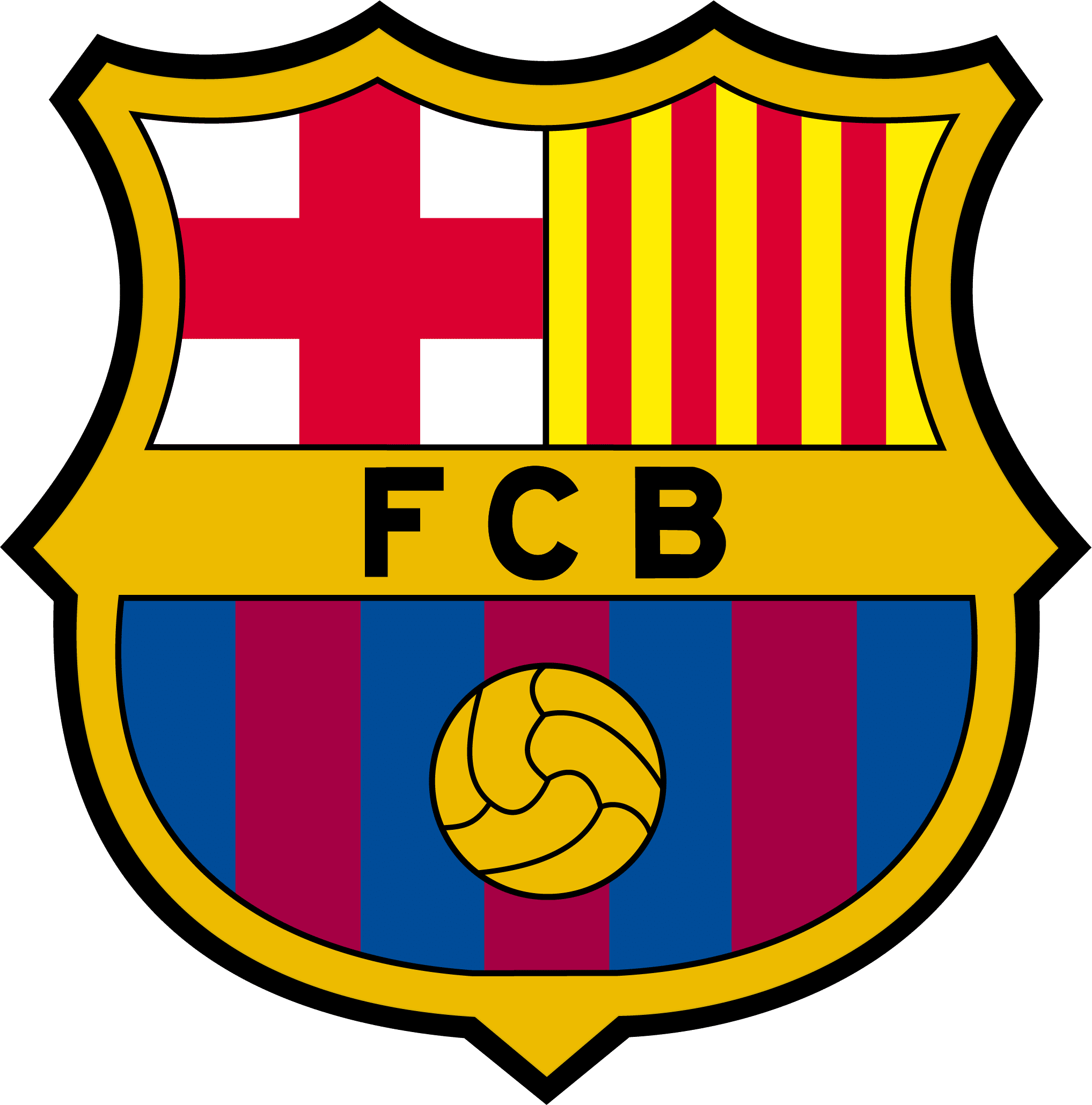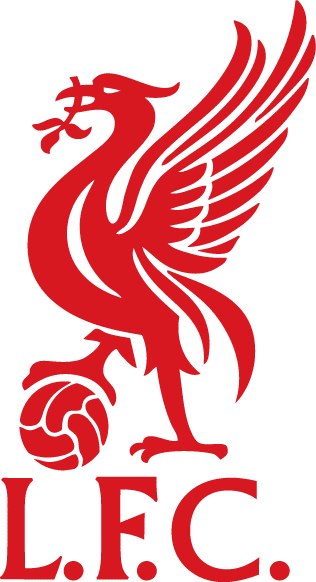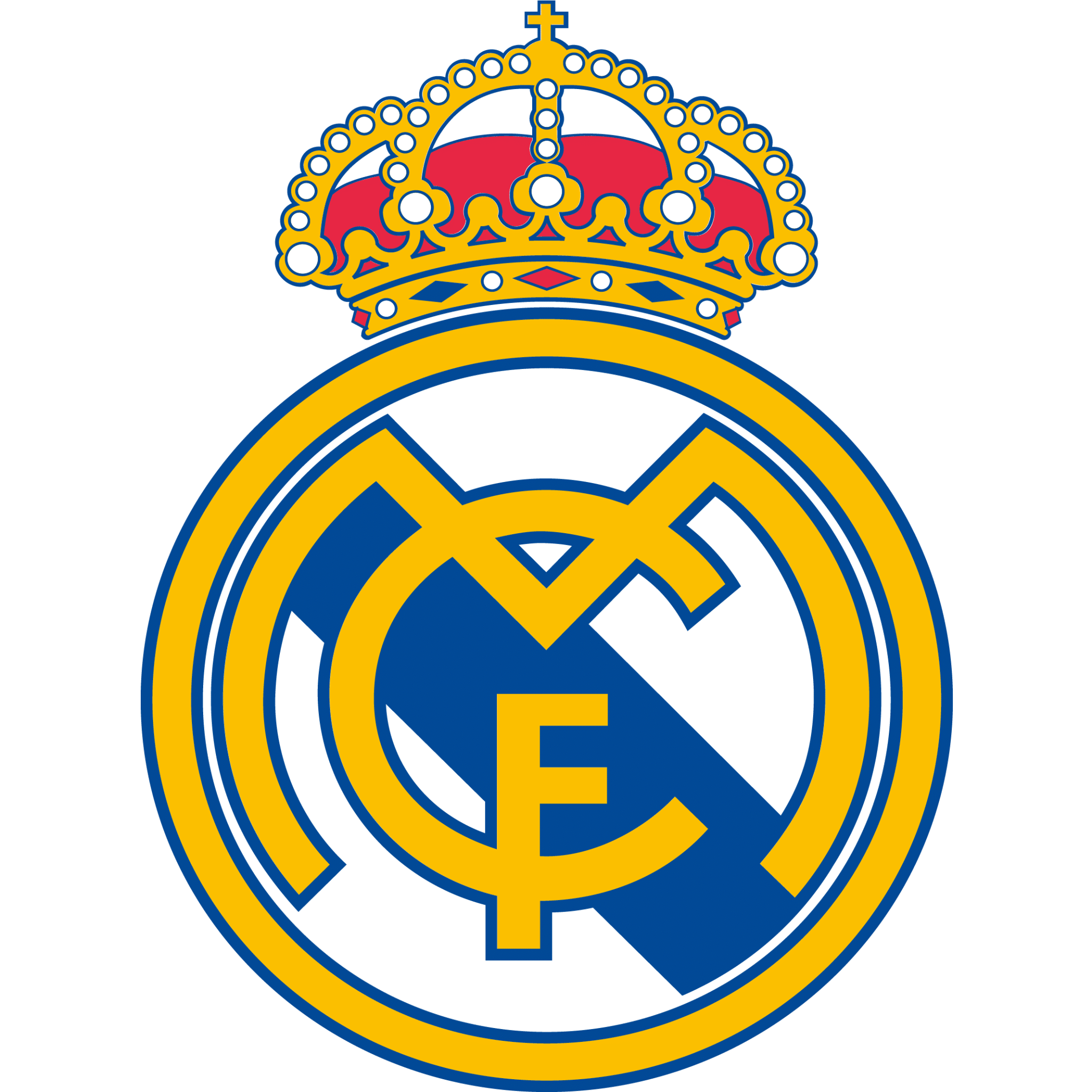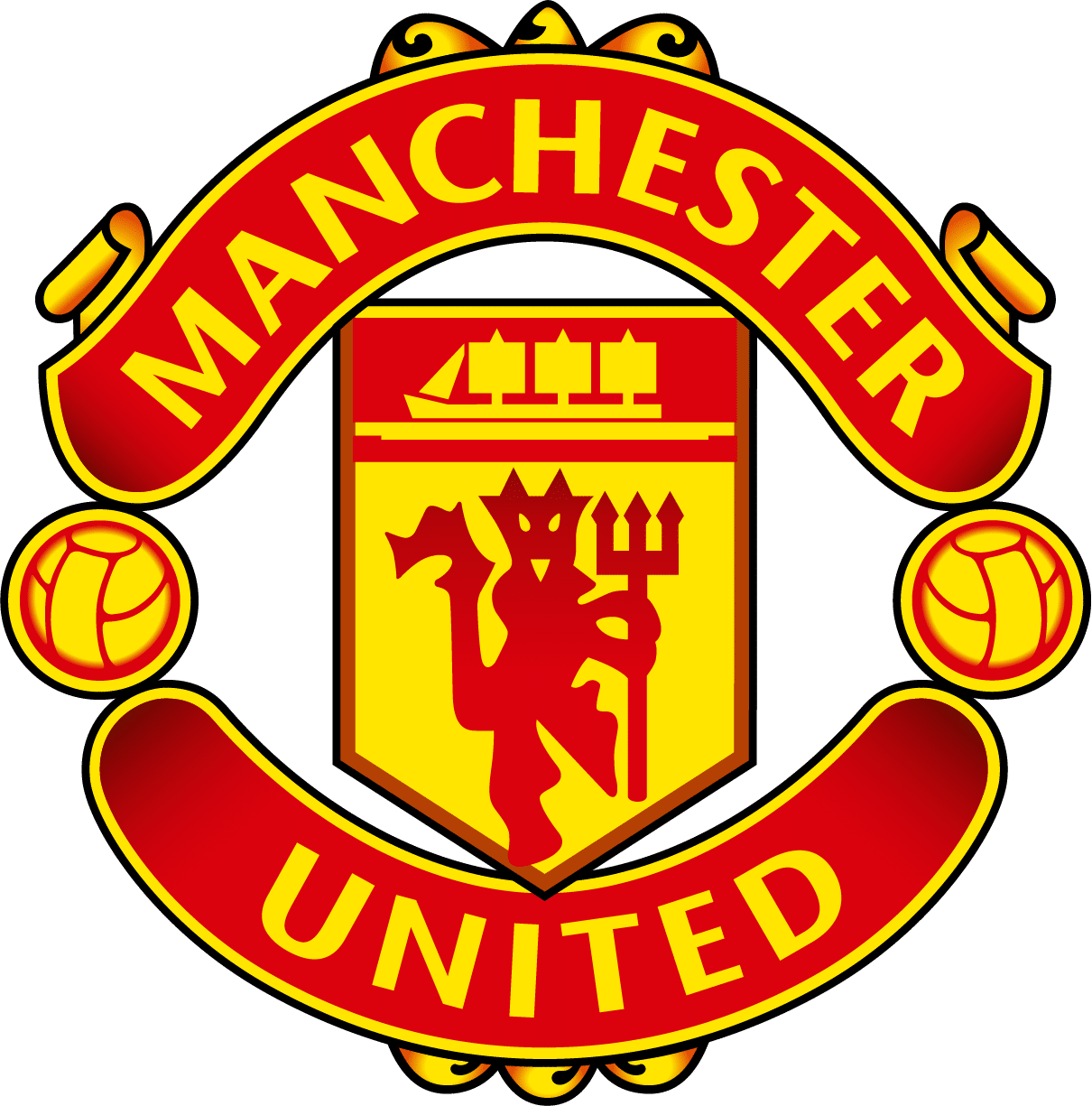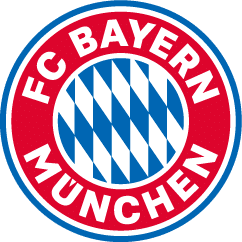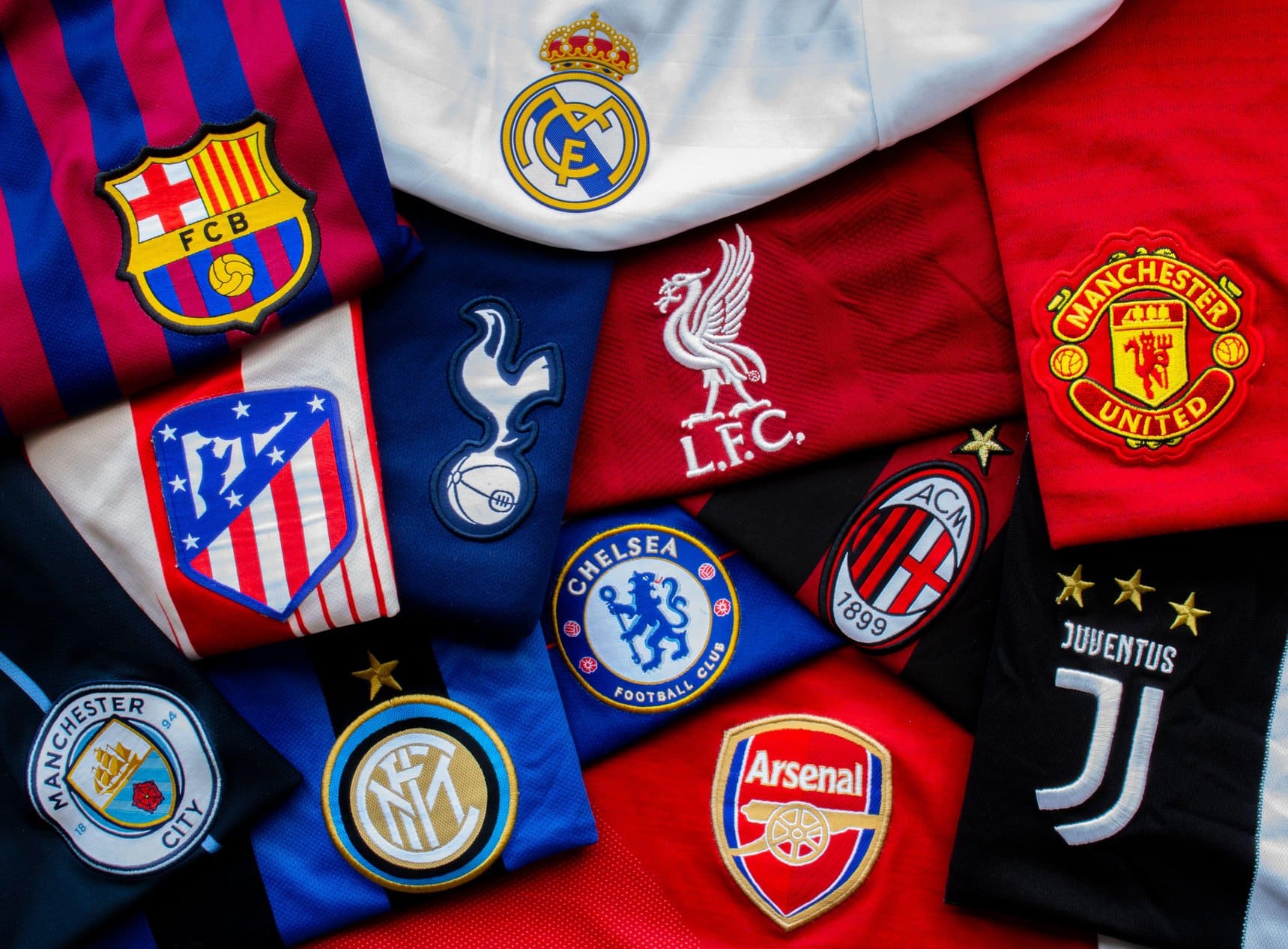In 2002, Sporting Lisbon execs were smiling. They had good reason, too. Manager László Bölöni had just guided the team to victory in his first term in charge. Also, there were progressive murmurs coming from the already prestigious Lisbon club’s academy. While graduate Luis Figo was scorching his name across the face of European football with Real Madrid, there may have been wry grins as Bölöni handed a debut to a young, scrawny Madeiran. Yet, this youngster would become the famed Figo’s successor, and ultimately, superior.
August rolled around, and Sporting found themselves pitted against Inter Milan in UEFA Champions League Qualifying. It was quite the challenging prospect, welcoming I Nerazurri to the Estádio José Alvalade, yet the Leões gave an excellent account of themselves. Admittedly, they looked much the better of the two sides in this first leg 0-0.
Hope was rife in Lisboa and not just for the second leg – as during this game, Bölöni continued in Sporting’s good books by introducing another young talent. A year prior, Ricardo Quaresma had been handed his chance. This time was the turn of 17-year-old Cristiano Ronaldo.
Coming on to play the final half-an-hour, Cristiano warranted just why Bölöni might’ve selected him. The dribbling was crisp, his stature was lanky yet still striking. There was clearly so much potential pouring out of every stride, let alone the 30-minute appearance in itself. He’d fill out his baggy green and white hoops. The legs would become defined and strong, cutting through the Marathon brand shorts.
This was the time before he was ‘CR7’, yet the prefix of that iconic abbreviation was steadily spreading. This season’s emergence was almost reflective of Ronaldo’s later superiority alongside Lionel Messi at football’s summit.
In 2002, Cristiano Ronaldo became the first player to play for the Sporting’s under-16, under-17 and under-18 teams, the B team and the first team, all within a single season. Bölöni truly was on to something.

